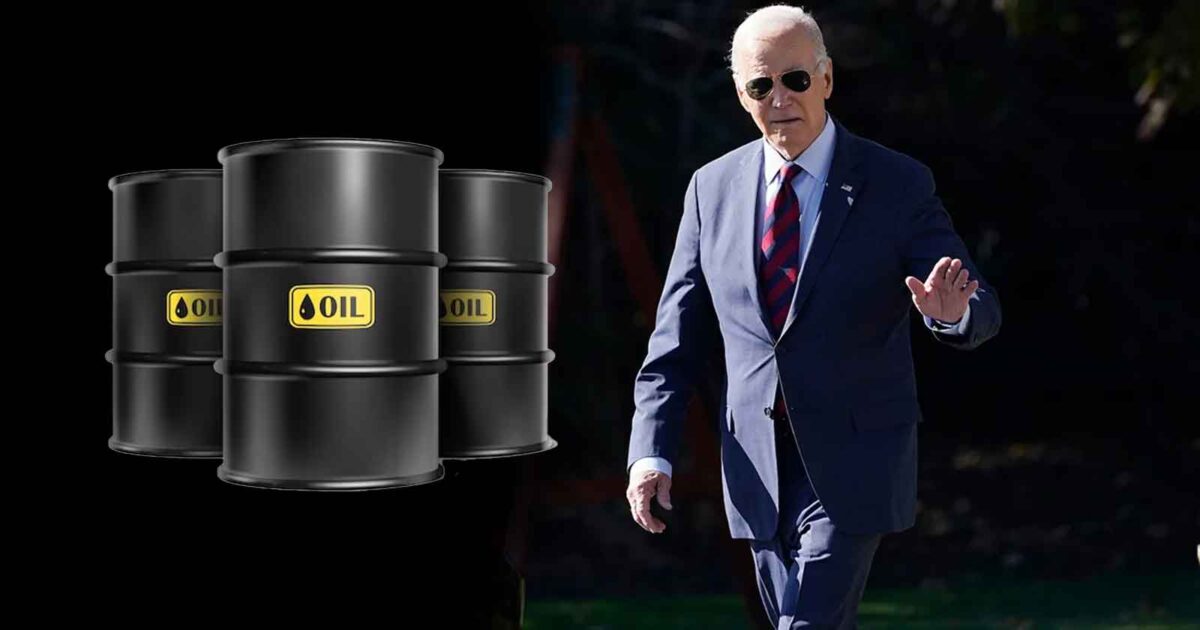
President Joe Biden’s recent decision on America’s emergency oil reserve, the Strategic Petroleum Reserve (SPR), has caused concern amid rising oil prices. The Department of Energy (DOE) surprised many by canceling plans to refill the SPR, citing changing market conditions and the need to protect this vital national security asset.
Established in 1975, the SPR is the world’s largest emergency crude oil reserve, strategically located to tackle major oil supply disruptions and economic challenges. One of its key storage sites is the Bayou Choctaw facility in Louisiana.
DOE spokesperson Charisma Troiano emphasized the importance of regularly assessing market conditions to guide a responsive replenishment strategy while considering taxpayers’ interests.
Last year, the SPR faced historically low inventory levels, leading to the withdrawal of a record 180 million barrels to address supply issues caused by geopolitical tensions. Energy Secretary Jennifer Granholm assured stakeholders that efforts were being made to replenish the oil reserve by the end of the year.
Initially, there were plans to buy back oil for the SPR at a capped price of $79 per barrel, much lower than the average 2022 sales price of nearly $95 per barrel. However, due to current market conditions with oil prices around $85 per barrel, the DOE decided to halt future purchases.
The SPR’s current inventory is approximately 363 million barrels, down significantly from nearly 600 million barrels at the start of 2022.
Industry experts predict that domestic oil prices will remain high this year, potentially leading to increased gasoline and diesel costs, affecting daily commutes and household budgets. Concerns have also been raised about the declining oil reserves and their impact on national security during crises or significant global supply shortages.
President Joe Biden’s decision highlights the challenge of balancing energy needs, national security interests, and economic realities. Citizens can mitigate the effects of rising gasoline costs on personal finances by staying informed about energy trends and adopting energy-saving practices.
Additionally, it underscores the importance of exploring alternative energy sources and promoting sustainability initiatives to build resilience in the face of changing energy dynamics.



